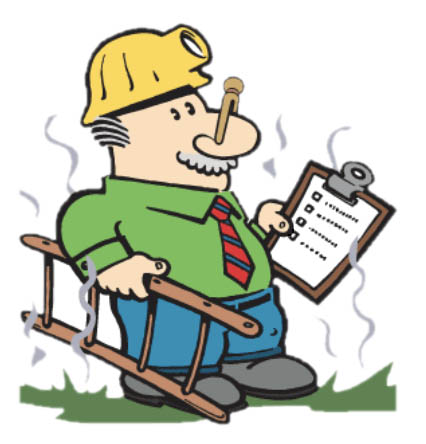
Well Inspections for Bacteria, Nitrates, Lead & More
Not by local government, but they are a standard requirement in the purchase agreements.
Provided it is coliform bacteria is not as a big a problem as e. coli. If the issue is not due to well construction, we can flush the water and retest. Most often the problem is solved in this way. Additional actions can involve chemical treatment, such as chlorination.
Coliform, E.Coli, nitrate and nitrite are standard in our well inspection. Other tests can be performed, such as lead, arsenic, formaldehyde, VOCs, and more. The cost varies by substance tested.
The health department requires the operator of wells that serve 15+ houses to test the water on a regular basis and provide a Consumer Confidence Report which can be obtained from the well owner upon request.
Lead is virtually non-existent in new home plumbing. RD or VA loans require a lead water test to evaluate your plumbing and. Often elevated lead results from vacant or underused systems where water has not been used in over a month. If water in the home is run for a couple hours and tested it may take care of the problem.
Radon is not an issue in ground water but we can test your home. Speak with one of our specialists for more information.
No. Pump capacity is the amount of water the well pump can produce in one minute. You can have low water pressure, but satisfactory pump capacity. We do not quantify water pressure as it is a function of plumbing, not the well. Pump capacity is a function of the well system and is therefore evaluated when a submersible pump is not present.